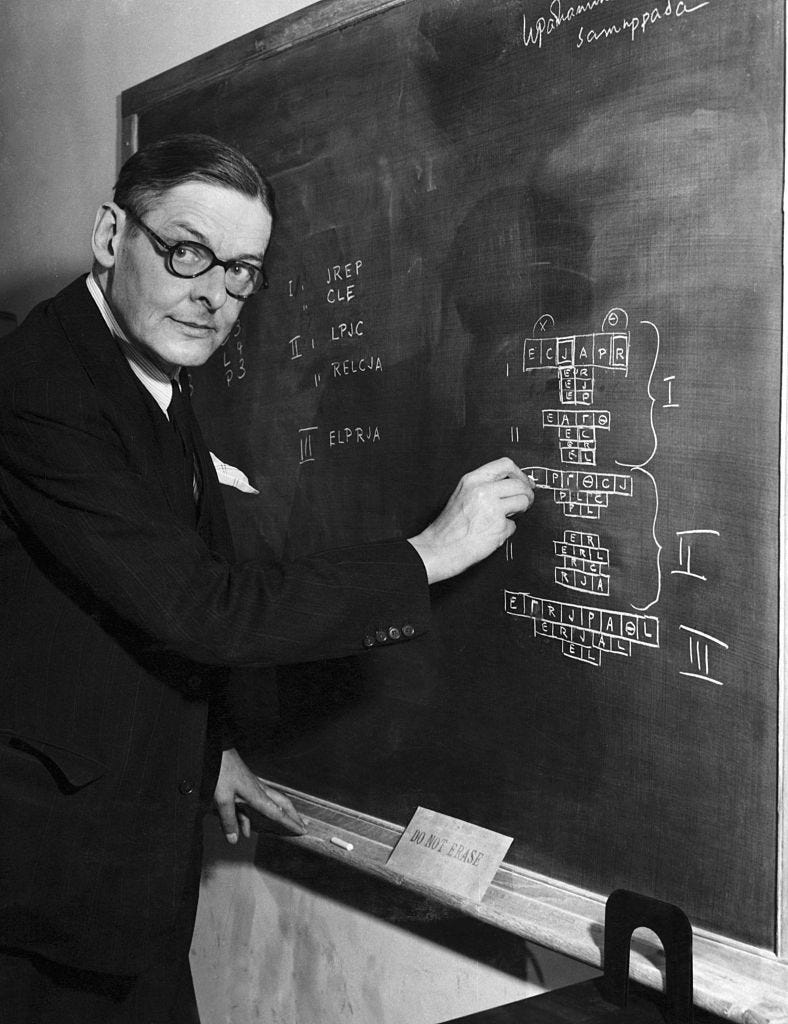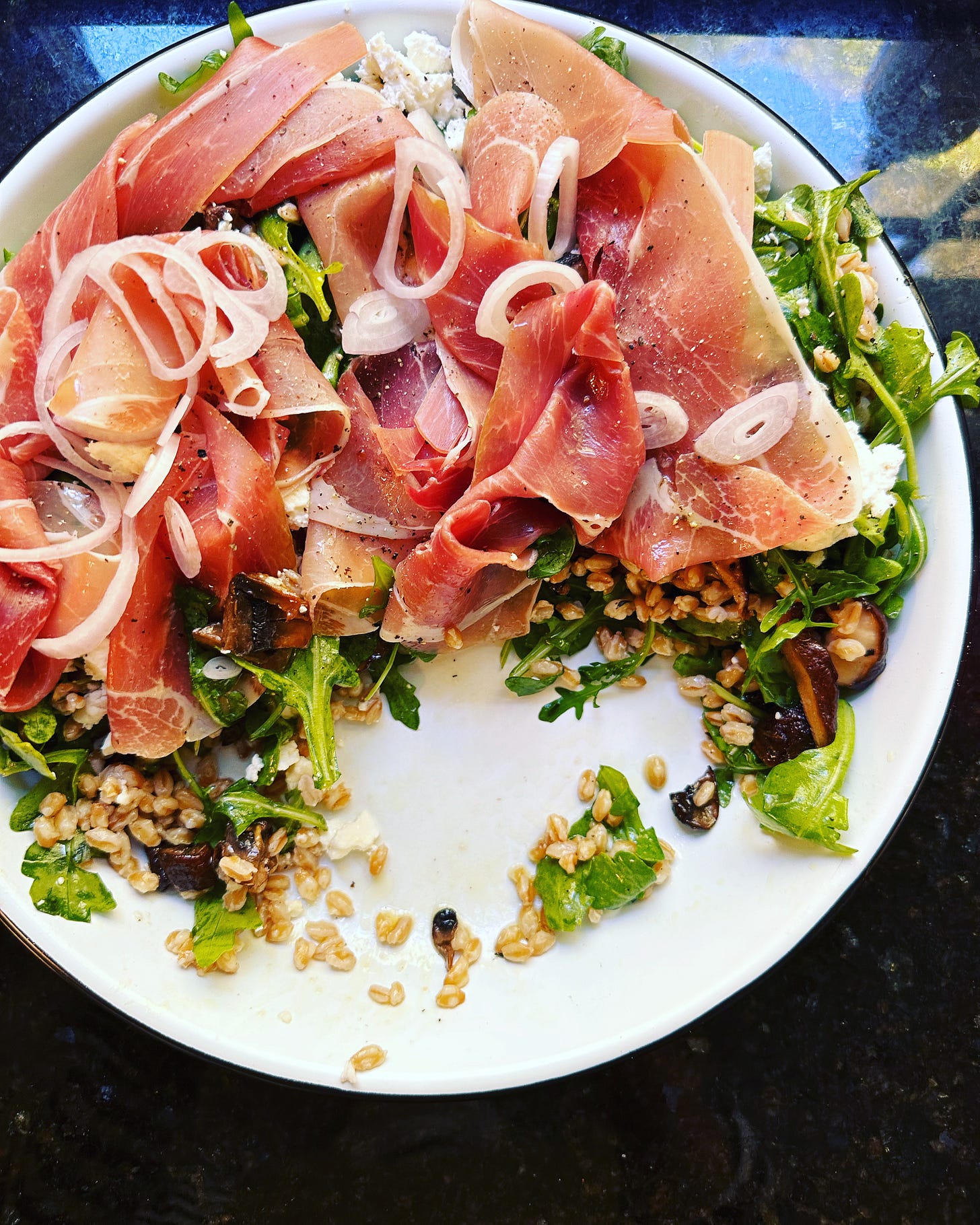I’M NOT GOING TO ARGUE WITH A DEAD POET, but I’ve always thought it was presumptuous of T.S. Eliot to claim that April is the cruelest month. As if all his feelings were the universal.
The truth is that your cruelest month—like your blood type or your fingerprints or your high-school locker combination—is just something life bestows upon you, whether you want it or not. I’m sure a lot of us have one.
Mine is November, a month many other Americans cherish because we get to vote. The cruelest day of November for me is Thanksgiving—which many other Americans also cherish because they get to gather with their loved ones and not talk about voting. I also avoid my November birthday—but not because it means I’m getting older. I consider it a privilege to live another year on this planet, every single year. Nonetheless, I’d love to skip November.
And no matter how far away I get from my one particularly terrible November, over a decade ago, when life began merrily bombarding me with tragedy, I still find it necessary to perform an annual rite in which I close my eyes and whisper, over and over: November can’t hurt me.
And then I hide out for most of the month, just in case.
I might have “gotten over” November horribilis a lot faster if I hadn’t promptly forced myself to recall so much of it—and its ensuing fallout—in painstaking detail in order to write a book about it, called The Comfort Food Diaries.
I bring all of this up because my book was about comfort food in the same way that this newsletter is about salad, which is to say supposedly—and often as an exercise in something else entirely.
The difference is that I will always believe deeply in salad, but I no longer believe in comfort food, if I ever did at all. (I wrote an entire chapter about how the American idea of comfort food seems like an iffy concept to pursue as a means of coming to terms with anything. Except maybe indigestion.)

The book was an innocent enough idea, which I had hoped would result in me relearning how to connect with humanity and maybe help other people who were trying to do the same. It did bring old and cherished friends back into my life. Plus I got some great recipes. And that’s all I’ll say, except to admit that I’m still learning to reconnect to humanity.
And one other little thing: If I had it to do all over again, I’d absolutely skip writing a book and instead sit myself down and say, to me, firmly: Woman, there is not one thing you or anyone on this planet can say or write or do or eat that can bring someone you loved back from the dead—or other people back from being awful. Stop trying to relitigate the past. Get off this sad merry-go-round you’ve built for yourself and start living again. And when you do, make it a life you want, not one other people tell you you should want.
And then I’d follow my instructions a lot faster than I have in my actual life; it took me a while.
Now, if this all sounds like a long, drawn-out metaphor that eventually leads to salad, that’s because it is!
One of the salads I have invented for you today turned out to be among my favorites so far. But it never would have existed had I not first lived through a pretty awful salad.
Be grateful for your awful salads!
I’d decided back in October that even though I tend to devise and share salads I want readers to have, this time I wanted to create a November “comfort salad” for myself— because apparently, despite everything I’ve just told you, I’ve learned nothing about the fickle nature of comfort food.
On paper, it rang a lot of my happy food chimes. I threw everything I’d been hankering for at it: Roasted mushrooms, one of my favorite foods; farro, which I could eat pounds of, mainly because if its glorious, chewy texture and the way it loves to be drenched in dressing; goat cheese, because it’s goat cheese; and prosciutto, which makes everything better; plus a garlicky sherry vinaigrette.
And it turned out to be a complete gloppy mess. Like so much of the food that we’re trained to believe will comfort us, it felt like a culinary desperate measure.
In my younger, more vulnerable years, I would have continued reworking this salad, going over it in my head, being hard on myself and maybe even thinking I had power over the outcome of things no human controls—rather than simply pursuing future delicious salads.
Keep reading with a 7-day free trial
Subscribe to The Department of Salad: Official Bulletin to keep reading this post and get 7 days of free access to the full post archives.









